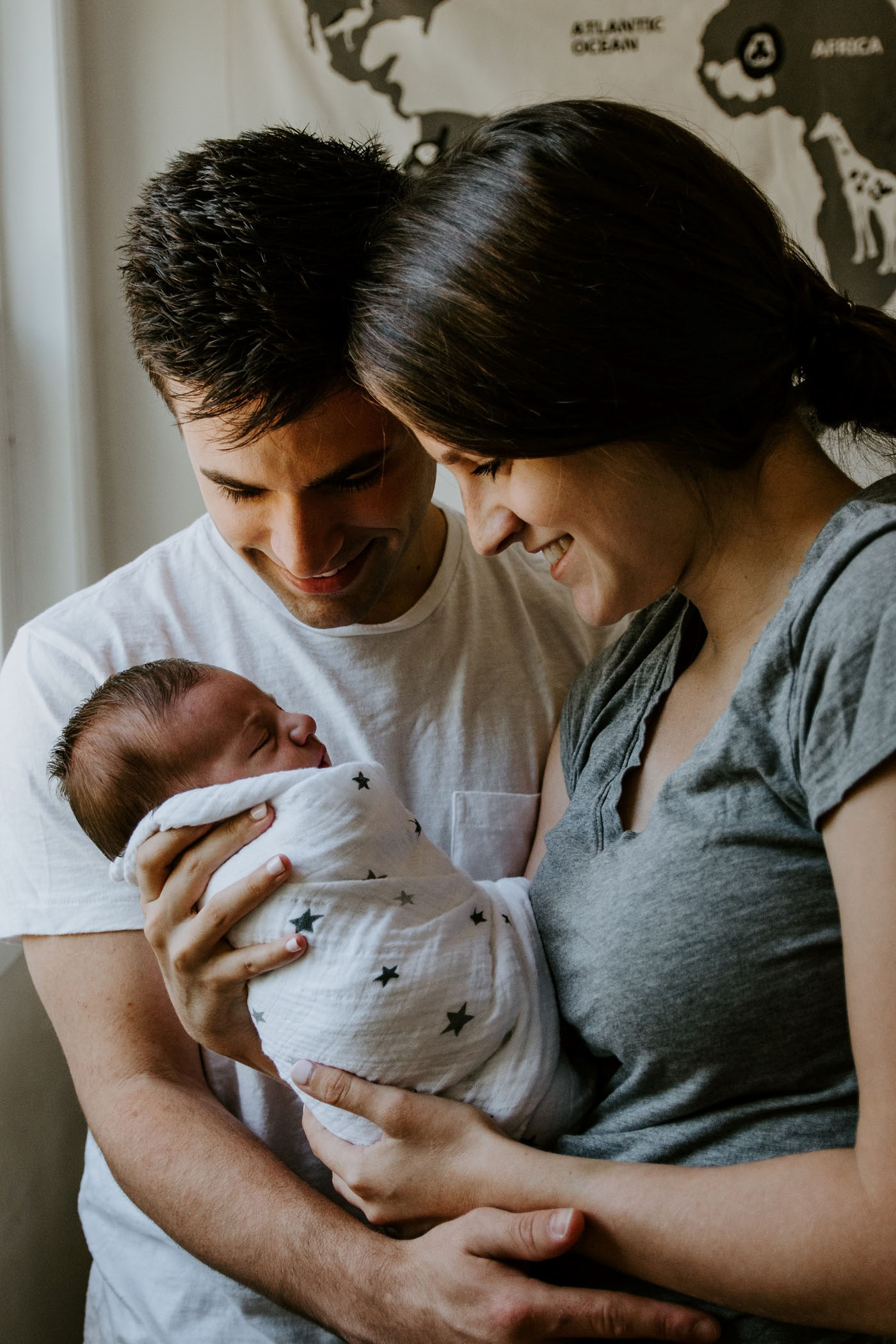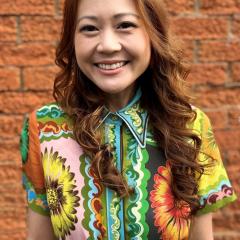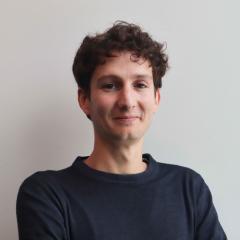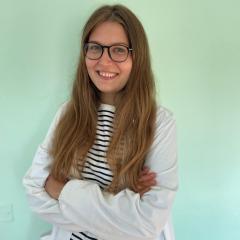ePINO: Early Prediction of Infant Neurodevelopmental Outcomes
Participate in research that improves neurodevelopmental outcomes for infants at higher chance of adverse neurodevelopmental outcomes.If your child was born early, small for gestational age, unexpectedly sick in the neonatal period, or required medical treatments for a known problem, this study may be suitable for you.
this study may be suitable for you.
What is the purpose of the study?
The purpose of this study is to predict neurodevelopmental outcomes in high-risk babies in the first months of life. Some babies can have problems with learning, movement and behaviour if they are born early, are small for gestational age, or were unwell at or soon after birth and needed care in a neonatal unit. Currently, it is difficult to determine which babies will have neurodevelopmental difficulties and which will not.
This makes it hard for doctors to know which babies will require extra help with the development of their learning and movement skills. Researchers hope to increase our understanding of when and how learning, movement and behavioural problems occur to improve early diagnosis and start early interventions.
What does the study involve?
The babies participating in this study are admitted at the Royal Brisbane Women’s Hospital and Monash Children’s Hospital soon after birth. They will then be followed up until 24 months corrected age to assess the effectiveness of the ePINO study for early prediction of neurodevelopmental outcomes. We will use the following items to help identify babies who may need help, at an early age:
If born very preterm, first assessment at 30 –32 weeks
- Brain MRI
- EEG
- Physiotherapy assessment - Hammersmith Neonatal Neurological Examination (HNNE)
- General Movement Assessments (video of baby’s spontaneous movements)
Preterm 34-36.6 Weeks
- General Movement Assessments (video of baby’s spontaneous movements) collected either in the nursery or at home via the Baby Moves App.
Repeat Term assessment at 38 – 40 weeks (term age)
- Brain MRI
- EEG
- Physiotherapy assessment - Hammersmith Neonatal Neurological Examination (HNNE)
- General movement assessment (video of baby’s spontaneous movements)
- Visual assessment (RICCI scale)
- Parent questionnaires regarding stress, emotional availability, and, parenthood.
Additional follow-up and assessment at:
12 and 14 weeks post term
- General Movement Assessment conducted at home via the Baby Moves App.
4-6months corrected age
- Physiotherapy assessment - Hammersmith Infant Neurological Examination (HINE)
- Visual assessment
- Parent questionnaires regarding stress, emotional availability, and, parenthood.
1 year and 2 year corrected age follow-up
- Full developmental assessment (including cognitive, motor, behavioural abilities),
- Medical Examination of babies development, vision, and, hearing,
- Parent questionnaires regarding stress, emotional availability, and, parenthood.
Why participate in this research?
- Your baby will have extra comprehensive clinical and developmental reviews
- Close review of your baby’s development over the first 2 years of life.
- You will receive a parking voucher for attending each visit.
- Contribute to research that will assist infants with neurodevelopmental difficulties to access earlier interventions and diagnoses.
Who can participate in this research?
To participate in this research the following criteria are required:
- Your baby is within the first few weeks of life
- You and your baby can attend follow-up assessments at participating hospitals (currently Royal Brisbane and Women’s Hospital and Monash Health)
Once you and your baby are determined to be eligible to participate, you will be allocated to one of the following research groups:
- Group 1 –Born very preterm (<32 weeks)
- Group 2 –Term / preterm small for gestational age (birth weight <10thcentile)
- Group 3 –Term hypoxic-ischaemic encephalopathy (HIE) / stroke / brain Injury
- Group 4 –Babies with congenital anomalies
- Group 5 –Healthy term born babies
This study has been reviewed and approved by the QLD Children’s Health Services (QCH) Human Research Ethics Committee (HREC).
CHQ HHS HREC Approval Number: HREC/22/QCHQ85661. UQ HREC Approval Number: 2022/HE001238.
Are you interested in participating?
Please complete the Expression of Interest Form.
Alternatively, contact our clinical coordinators
Heledd Brown-Wright Clinical Coordinator University of Queensland Phone: 0436 811 080 Email: epino@uq.edu.au | Stephanie Hall Nurse Research Coordinator Royal Brisbane Women's Hospital GSNU Research Phone:0448 758 380 | Wendy Foneska Nurse Research Coordinator Monash Health Phone: 03 8572 4540 or 07 3572 3744 |
Chief Investigators:
Prof Roslyn Boyd, The University of Queensland; Prof Iona Novak, University of Sydney, Cerebral Palsy Alliance; Prof Stephen Rose, UQ Centre for Clinical Research (UQCCR), The University of Queensland and Advance Cell PLC ; Prof Michael Fahey, Monash Medical Centre and Monash University; Prof Paul Colditz, The University of Queensland; Prof Rod Hunt, Monash University, Monash Medical Centre; Prof Nadia Badawi, Westmead Children’s Hospital, Grace Newborn Care, University of Sydney; Dr Jurgen Fripp, Australian e-Health Research Centre, CSIRO Australian e-Health Research Centre; Assoc Prof Leanne Sakzewski, The University of Queensland; Dr Mark Corbett, The University of Adelaide.
Associate Investigators:
Dr Peiter Koorts, Dr Lisa Hong, Grantley Stable Neonatal Unit, Royal Brisbane Women’s Hospital, Dr Sarah McIntyre, University of Sydney, Cerebral Palsy Alliance; Prof Robert Ware, Griffith University; Prof Suzanne Miller, Monash University, Hudson Research Institute; Prof Jozef Gecz, The University of Adelaide; Dr Jason Ross, Commonwealth Scientific and Industrial Research Organization; Dr Kirsten Palmer, Monash University Monash Medical Centre; Dr Catherine Morgan, Cerebral Palsy Alliance, University of Sydney; Dr Kerstin Pannek, Australian e-Health Research Centre, CSIRO Health and Biosecurity Flagship; Prof Tracy Comans, The University of Queensland; A/Prof Atul Malhotra, Neonatology, Monash University, Monash Medical Centre;
Sponsor/s:
The University of Queensland





